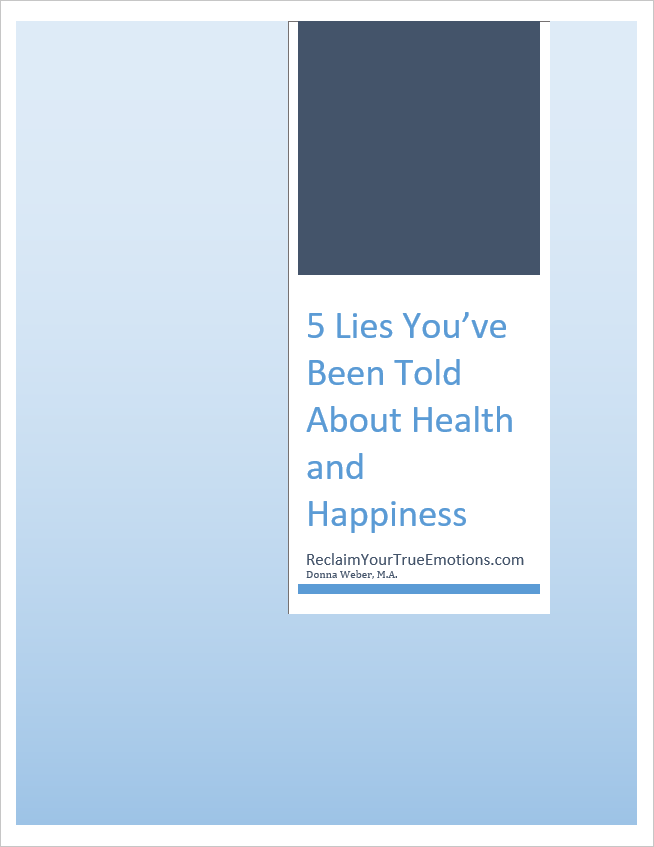Are there really some lifestyle changes that will improve your health by lowering your inflammation?
Many of us are suffering from chronic disease – an estimated 133 million Americans. One hundred and sixteen (116) million struggle with chronic pain.
While it is important to continue to work with your doctor, there are some changes you can make that will improve your physical and mental health.
If you are ready to take action to improve your health or avoid many chronic diseases, keep reading.
Why am I writing about lifestyle hacks for health?
For much of my life I have been interested in health and how I could improve my own health. When I was growing up, I looked at the adults around me and decided that I wanted a different future – one with better health. I began by doing things different. For example, if they were sedentary (and they were), I embraced exercise.
I researched, read, and experimented. I picked these three hacks because they work for me.
Inflammation is at the root of many diseases
In an article on Dr. Mercola’s website, “How Inflammation Affects Every Aspect of Your Health”, author Dr. David M. Marquis, tells us that “a wide array of health problems, including, but not limited to chronic pain, obesity, ADD/ADHA, peripheral neuropathy, diabetes, heart disease, stroke, migraines, thyroid issues, dental issues, and cancer are all rooted in inflammation, which must be properly addressed if you wish to be healed.”
Unless you address the root causes of inflammation, you will continue to struggle with symptoms and disease.
In this post, I am going to address three lifestyle changes you can make that will decrease your inflammation and improve your health.
One: Eat a low inflammation diet
Our food can create inflammation. There is a great deal of confusion about what constitutes a healthy diet. I am not going to recommend a particular plan. I am going to address foods that can cause inflammation for anyone and food sensitivities that are unique to you.
In general, artificial food additives and highly processed foods create inflammation. These include: chemical additives (those things on the label you can’t pronounce), vegetable cooking oils, trans fats, sugar, refined grains (flour), and alcohol.
You may have a food sensitivity. This is different from a food allergy. A food sensitivity affects you slowly over time. There are 7 foods that cause most sensitivities: peanuts, dairy, eggs, gluten (wheat, rye, barley), soy, corn, and sugar.
To discover your sensitivities, use a food elimination diet. Go here for instructions.
Don’t limit your exploration to these 7 foods. You might even be sensitive to healthy foods like blueberries or tomatoes. Pay special attention to foods you eat every day and foods you crave. Food sensitivities can cause cravings.
The Hack: Eat high quality organic foods that have been minimally processed. Discover any food sensitivities and avoid those foods.
Two: Lower your day-to-day stress level
Let’s face it, we live in stressful times. We carry around all sorts of worries. We worry about our finances, our families, and our health.
Life events can trigger our fight or flight response and in today’s world, we are unable to act. We get angry at our boss and we just have to swallow that anger. We are hit with an unexpected expense and we fear we won’t have enough money to pay our bills.
All of this stress causes your body to pump out the stress hormones, adrenaline and cortisol. These hormones create inflammation.
There are many good stress management techniques. One of the best is a daily meditation practice. Even a few minutes a day can help.
The Hack: Learn the Relaxation Response and set aside some time every day to practice. This is a no-frills practice that is super easy to learn.
Three: Repair your damaged stress response system
Research has scientifically connected childhood adversity to many adult diseases. This research is described in Childhood Disrupted: How Your Biography Becomes Your Biology, and How You Can Heal (2015) by Donna Jackson Nakazawa.
To put it simply, a problem childhood can damage your stress response system (also known as the fight or flight system). Your stress response system gets stuck in the “on” position. Your body acts like you are in a crisis or danger all the time. Your body pumps out adrenaline and cortisol all the time. The result is chronic inflammation which leads to disease and pain.
One way to repair your stress response system is to release painful emotions from your childhood. Are you still feeling fear, anger, shame, hopelessness, or hurt from childhood traumas? These painful emotions are fueling your damaged stress response system. By letting go of the past you can calm your mind and body. Your inflammation will go down and you can heal.
The Hack: Learn the poetry of emotion process and release the past. Go to “Are you new to the site?” to learn more.
To get more information, you can download my free report, “7 Lies You’ve Been Told About Health and Happiness.” Look on the side bar or at the end of this blog.
While these hacks do require some effort, I think the benefit is well worth it. Try them out and see if you agree.
(Image: Louise Leclerc)



